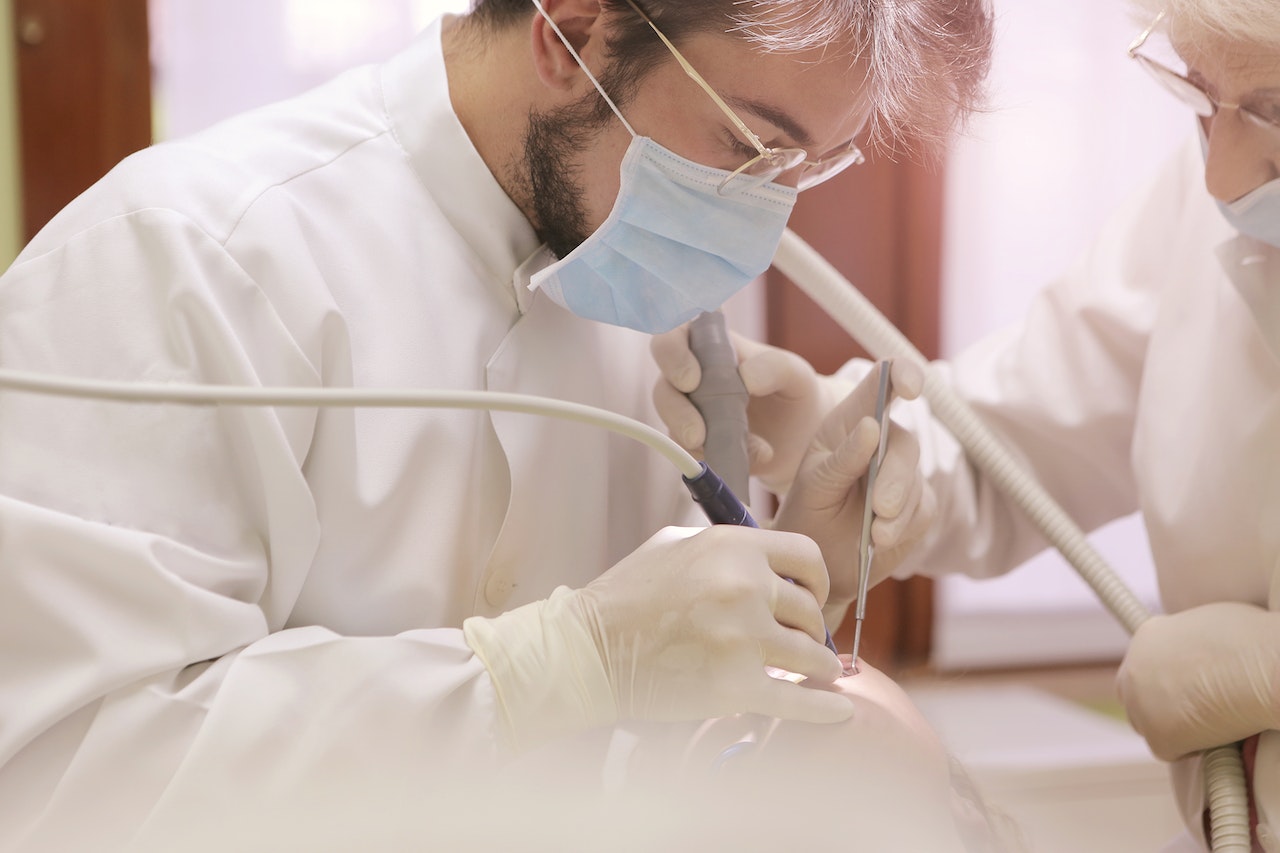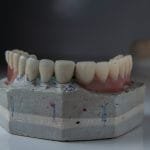When a dental emergency arises, it must be treated as quickly as possible. You shouldn’t just brush it aside because it’s not life-threatening or because your normal dentist’s office is closed. The best course of action is to get it evaluated very away, whether it’s during regular business hours, after hours, or on the weekend, even if it’s not giving you severe discomfort.
Below are some of the most typical dental emergencies that call for immediate medical intervention.
1. Cracked or Broken Teeth
Soft tissues, including the inside of your cheeks, tongue, lips, and gums, are vulnerable to injury from these. Pulp that has been exposed to microorganisms can become infected, and the infection can spread to the root of the tooth. If you visit a dentist right away, your dislodged tooth or teeth may be repositioned. If you can’t receive medical attention right away,
- Rinse your mouth with warm salt water to remove plaque and irrigate the gums.
- Apply pressure with sterile gauze to stop the bleeding.
- Avoid more discomfort by popping either Advil or Aleve and putting a cold compress on your cheek if the swelling gets too bad.
- Stop loose teeth from dropping into the sink by catching them with a clean dishtowel and rinsing them off immediately.
- Put it back in place without pressing it if possible; otherwise, soak it in milk or water with a pinch of salt.
You need emergency care if:
- Your tooth and its root are still okay, after which a replacement can still be made.
- You feel severe pain or bleeding that lasts for more than 10 minutes.
- You experience increased facial swelling.
- You notice that the tooth is only partially knocked out and is now attached loosely.
2. Missing Dental Crowns and Fillings
Keep your filling or crown safe until you can receive a new one by rinsing it in warm, clean water. The tooth and its surrounding area can be cleaned with gauze or by rinsing the mouth with warm salt water. If you want to alleviate the pain from the cut, apply a cool compress to your cheek.
You need emergency care if:
- The void left by the extraction creates a sharp edge that can bring additional harm to your mouth.
- You are feeling discomfort, swelling, or profuse bleeding from the affected tooth.
3. Mouth Burns
Common triggers include foods that are too hot and cause blistering on the roof of the tongue. Rinsing your mouth with warm salt water might help keep it clean and promote healing. Use an over-the-counter pain reliever and a topical anesthetic mouth rinse to ease the pain.
You need emergency care if:
- It takes more than a few days for the blisters to heal.
- Infection sets in on the lesions after the blisters burst.
4. Nipped Tongue or Lips
A fall or jolt is the usual cause of this. It may be able to mend itself if the harm isn’t too severe. However, if it’s significant, you should seek medical attention at the nearest emergency room.
You need emergency care if:
- Over a quarter of an inch of damage has been done.
- You’ve sustained soft-tissue damage, and it’s been hurting or bleeding for at least 10 minutes.
Conclusion
If you have experienced a traumatic injury to the mouth, are in intense pain, have a broken or cracked tooth, have a toothache that won’t go away, have swelling in the mouth or face, have lost a filling or crown, or have any other dental emergency, it is important to seek help right away. Seeing a dentist as soon as possible can help to prevent further damage and ensure that the best treatment plan is implemented.
If you are looking for an institution that offers dental emergency care in Leesburg, look no further than our services here at Leesburg Bright Dental. We offer a wide range of services that are sure to protect and maintain the integrity of your dental health. Visit our branch today and let us tend to your dental emergency in no time!



